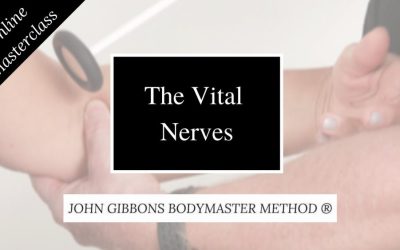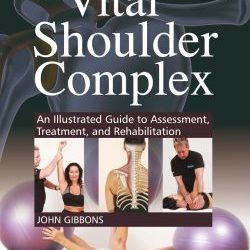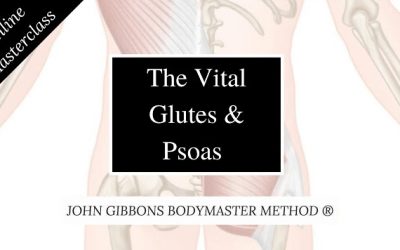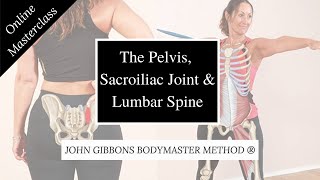🎁 Exclusive Discount Just for You!
Today only: Get 30% OFF this course. Use code MYDEAL30 at checkout. Don’t miss out!
John will teach you functional anatomy and the biomechanics of the kinetic chain associated to the hip-pelvic-lumbar complex and discuss dysfunctional patterns that can develop within these vital areas and how they affect distant sites of the body.
File Size: 1.42 GB
John Gibbons – The Vital Hip Complex
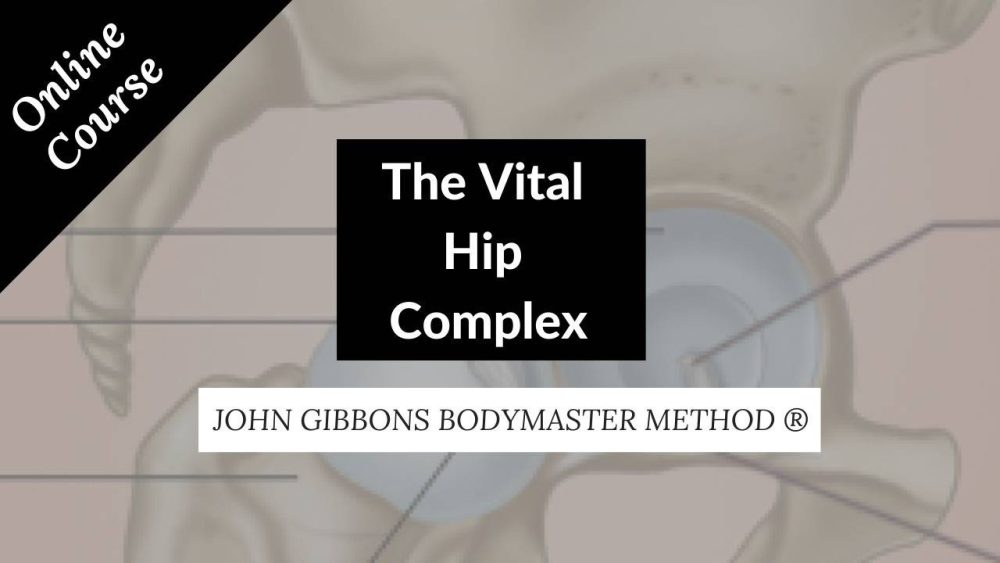
The Vital Hip Complex online course is a must for any therapist or student in the field of sports therapy, osteopathy, physiotherapy, chiropractic, yoga, pilates and personal training.
You will learn
In The Vital Hip Complex course, osteopath, author and respected bodywork specialist John Gibbons looks at one of the most neglected areas of the body: the hip joint. During the online course he will take you on a fascinating journey of enlightenment, teaching you to recognise pain and dysfunctional patterns that can arise from dysfunctions found within and around the hip complex & the pelvic girdle.
John will teach you functional anatomy and the biomechanics of the kinetic chain associated to the hip-pelvic-lumbar complex and discuss dysfunctional patterns that can develop within these vital areas and how they affect distant sites of the body. Once that has been understood, he takes you on a fascinating journey to functionally assess the joints, soft tissues, ligaments as well as specific muscle length tests that can alter the biomechanics to the whole of the hip complex.
- How does the hip joint actually cause pain to the lower back & knee?
- Does the ligamentum teres play a role within the hip joint?
- What is a condition known as Legg-Calve-Perthes disease?
All these questions plus more are answered during this course
Key areas covered:
- Functional anatomy of the hip complex & pelvic girdle
- Hip pathologies & syndromes
- How the hip joint relates to the lower back, SIJ & knee complex
- Function & testing of the musculature of the hip complex
- Muscle length tests: psoas, rectus femoris, adductors & tfl
- Treatment of the hypertonic muscles using specific modalities of MET
- Demonstration of Muscle firing patterns for Gmax and Gmed muscles
- Gmax & Gmed and their relationship to the hip-Knee Complex
- Kinesiology taping techniques
- Specific hip rehabilitation exercises
You’ll also learn how to identify specific soft tissue dysfunction and weakness within the musculo-skeletal system, and to harness powerful Muscle Energy Techniques (METs) and specific exercises to restore function and stability of the hip complex to your athletes and patients.
On completion of the course you will have the knowledge and practical experience necessary to identify, assess and treat specific pathologies and conditions found within the vital hip complex framework and perform a variety of techniques that will help promote normality.
The principles described can be incorporated very quickly and effectively into a treatment plan to assist in the rehabilitation of anyone recovering from injury.
What You’ll Learn
Theory
Key areas covered in this course:
- Functional Anatomy of the hip Complex
- Functional Anatomy of the pelvic girdle
- Muscles & Tendons associated to the hip complex
- Nerves of the hip complex
- Soft Tissue Injuries
- Bursa Injuries & assessment
- Pathologies & Conditions of the hip complex
- Gluteal Muscles and their link to pelvic & knee dysfunction
- Range of Motion assessment of the hip joint
- Passive testing of the hip complex
- Resisted testing of the musculature of the hip
- Screening tests for the Sacroiliac joint
- Anterior knee pain & ITB associated to hip dysfunction
- Meniscal Injuries & MCL sprains caused by weak hip muscles
- Muscle Energy techniques and their relationship to the hip complex
- Kinesiology Taping techniques
- Hip Stabilisation Exercises
What You’ll Learn
Practical
Key areas covered in this course:
- How to locate bony landmarks, ligaments, muscles and tendons of the hip & pelvic complex
- Locate the bursa associated to the hip complex
- How to perform the Hip extension & Hip abduction firing pattern sequence
- How pathology of the hip joint relates to pain to the pelvis & knee complex
- Muscle length tests: Iliopsoas, Rectus Femoris, Hamstrings, Adductors & TFL
- Treatment of hypertonic muscles using specific modalities of MET
- Demonstration of the range of motion (ROM) for the hip – active, passive & resisted tests
- Resisted testing of the quadriceps. adductors & hamstrings
- How to screen the sacroiliac joint to confirm or deny pathology
- How to apply Kinesiology to the hip and pelvic girdle
- Specific open & closed chain exercises
Course Features
- Lectures 0
- Quizzes 0
- Duration 10 weeks
- Skill level All levels
- Language English
- Students 68
- Assessments Yes

